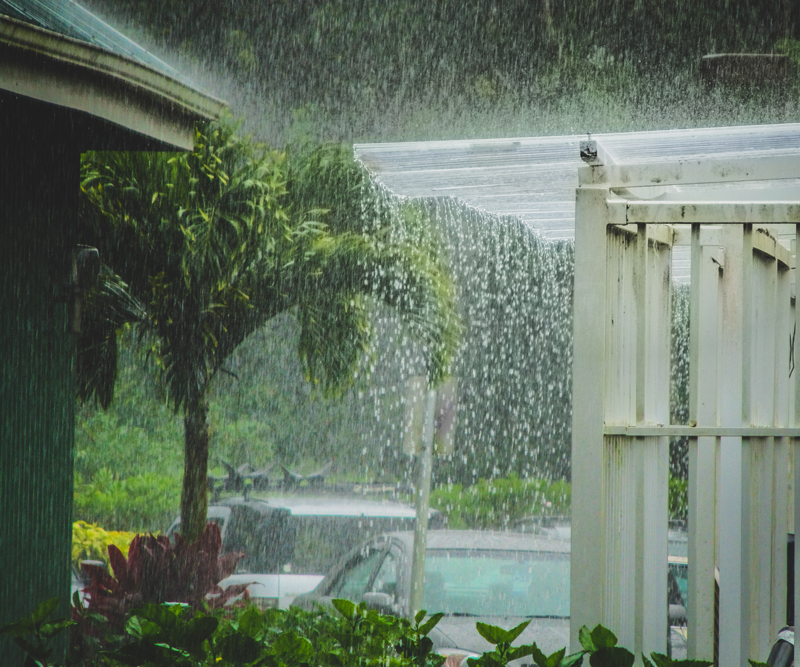
Swimmers Beware: When the Water’s Brown, Turn Around
It’s hard to pass up a day at the beach when the ocean is your backyard.
But when sudden downpours and flash flooding turn our usually crystal-clear waters into a brown, soupy mess, it’s best to take a rain check and save the surf sesh for another day.
“The types of infections you can get by going into contaminated water are huge,” says Dr. Katsuya Andy Iizuka, a primary care physician at Straub Medical Center – Ward Village Clinic & Urgent Care.
“Swimming or surfing in water where there is a brown water warning zone can definitely increase the risks for contracting an infection,” Iizuka adds. “Following a flash flood, I definitely see a rise in infections, most commonly ear infections and gastroenteritis.”
During a heavy rainstorm, the ground becomes oversaturated and water has nowhere to go, causing pooling and flooding.
Eventually, storm runoff makes its way into rivers, lakes and the ocean, taking with it some pretty nasty overflow like pesticides, animal fecal matter, dead animals, pathogens, chemicals and other associated flood debris from cesspools, sewers and manholes.
“Viruses are the major causes for gastroenteritis – vomiting, diarrhea – as well as hepatitis, respiratory illness like bronchitis, sinusitis and ear infections,” Iizuka warns. “Gastroenteritis can also be caused by bacteria; symptoms are usually more severe, with fever, weakness and dehydration.”
An avid waterman who can regularly be found catching a wave in his spare time, Iizuka can personally attest to the importance of staying on dry land when there is a brown water advisory.
“I have experienced both an ear infection and gastroenteritis due to not listening to the warnings,” Iizuka shares. “The ear infection was very painful and required me to go to the emergency room. Also gastroenteritis-Giardiasis, which caused severe vomiting and diarrhea, again required an expensive ER visit to get IV fluids and antibiotics.”
Other infections or diseases caused by contaminated water include:
- Pink eye.
- Rashes.
- Hepatitis.
- Hookworm.
- Typhoid.
- Amoebic dysentery.
- Encephalitis.
- Respiratory infections.
In severe cases, exposure to water polluted by chemical runoff can lead to the following:
- Liver damage.
- Kidney damage.
- Neurological problems.
- Thyroid system disorders.
- Reproductive and endocrine damage.
- Cancer.
“DON’T go in the water when there is a brown water advisory! Some infections can be life-threatening, especially when there have been sewage spills,” Iizuka says.
“If you do go into the water and start to feel sick, try to stay hydrated,” he advises. “If you’re unable to stay hydrated, or the symptoms worsen, seek medical care.”
Published on: May 7, 2016




